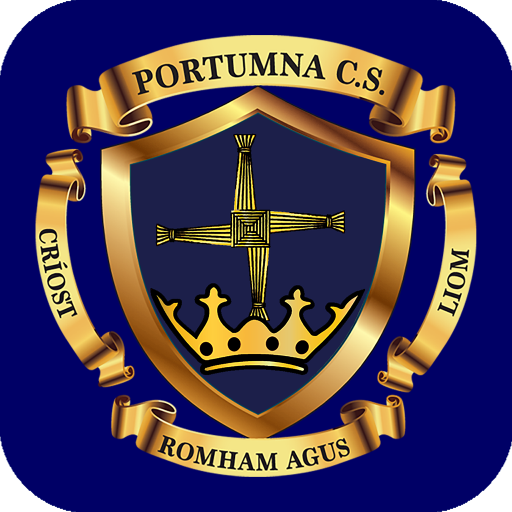Dear Parents/Guardians, please note the SPHE update from the Department of Education.
The new Junior Cycle SPHE curriculum specification was introduced in September 2023 for all first years. It has four strands: Understanding Myself and Others; Making Healthy Choices; Relationship and Sexuality; and Emotional Wellbeing. You can view it here.
Teaching and learning with the new curriculum is designed to be appropriate for the age and stage of development of students, whether in first year, second year or third year. This is based on research and the extensive public consultation led by the NCCA in 2022. The report of the consultation is here.
- Any suggestion that teachers would be expected to teach or introduce explicit content or topics is false. The curriculum categorically does not expose children to graphic or explicit content, or normalise the use of pornography. On the contrary, key messages would be that pornography is not a good place to go to learn about sex, that it can be disturbing and even damaging for young people, and that it is incompatible with values of human dignity, respect and gender equality.
- The NCCA has published an information note for parents about the Junior Cycle SPHE curriculum on its website. It can be accessed https://ncca.ie/media/6217/jc-sphe-information-for-parents-en.pdf
- There is also an NCCA information note for parents on the new Senior Cycle SPHE specification, which will be introduced in schools by 2027.
- The Graduate Diploma in SPHE/RSE is provided by Dublin City University (DCU) Institute of Education. This programme aims to upskill post-primary teachers of SPHE/RSE for classes to Senior Cycle level. It was developed following a tendering process, and is fully academically accredited through DCU’s quality assurance processes for any new programme.
- Teachers participating in the DCU programme (not a compulsory programme for teachers) will be involved in critical exploration of resources and content related to SPHE, including examples used internationally as well as material accessed by children and young adults directly.
- As such, the material studied and viewed by teachers on the course is provided to them as adults and it is clearly understood that no inappropriate graphic or explicit material should ever be used in a classroom setting.
- It is understood that a video has been circulating suggesting that teachers will be expected to introduce certain explicit and inappropriate topics and materials in the classroom. The Department of Education and DCU have confirmed this is categorically not the case.
- In accordance with Section 30 of the Education Act, 1998, parents have a right to have their children opt out of classes which are contrary to the conscience of the parent if they so wish.
Regards, PCS.
